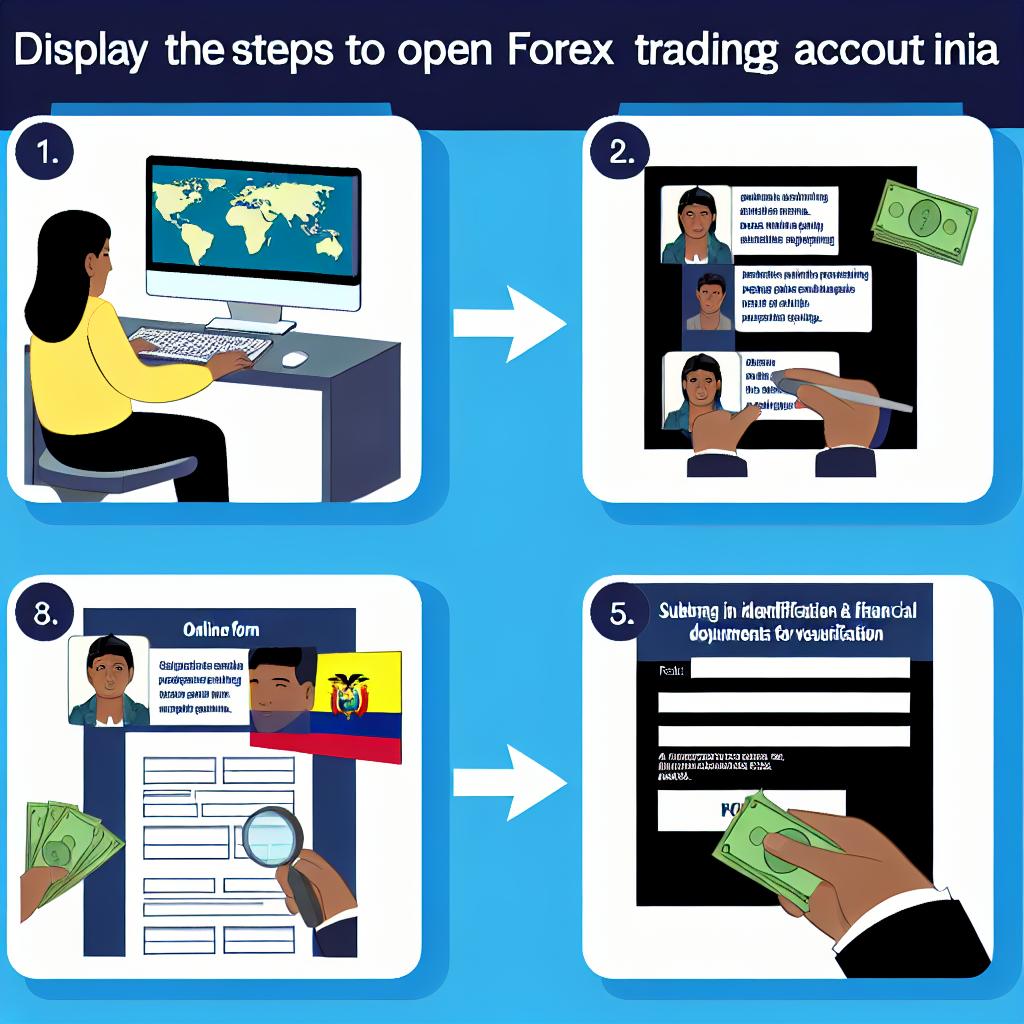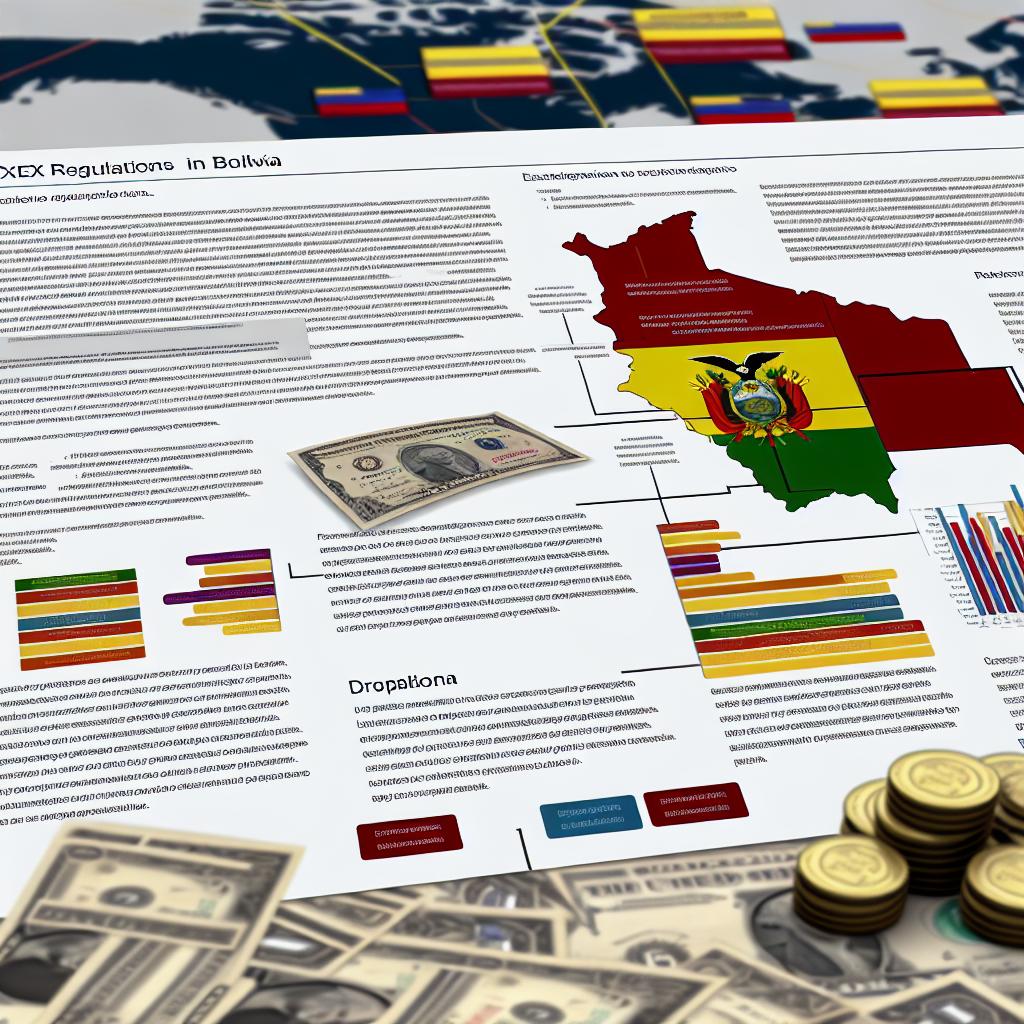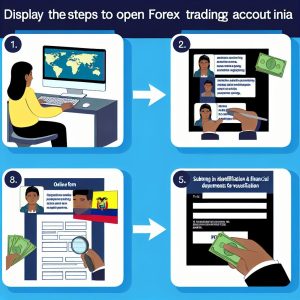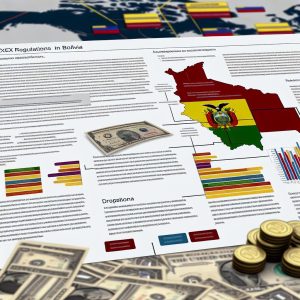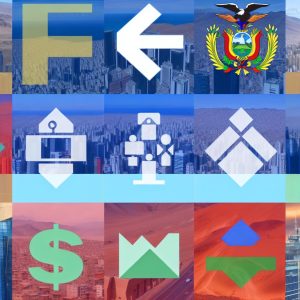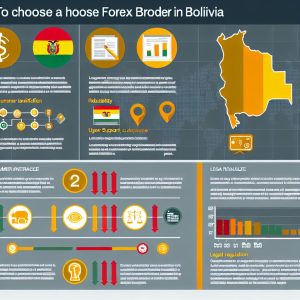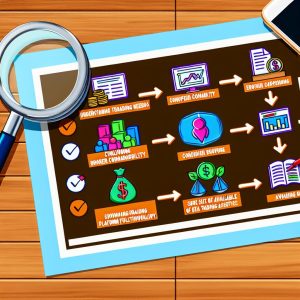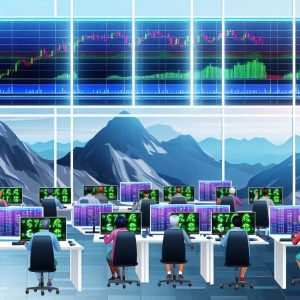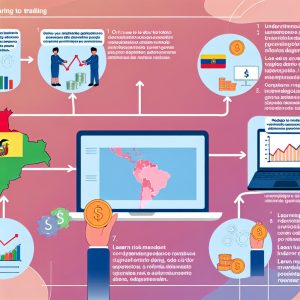How to Open a Forex Trading Account in Bolivia
Understanding Forex Trading in Bolivia




Forex trading in Bolivia has seen a significant upturn in interest and activity, becoming an appealing investment domain for both novice investors and seasoned professionals. It is a nuanced field that requires a comprehensive understanding of local regulations, especially since Bolivia has established stringent rules governing foreign exchange activities to ensure legality and protect traders. At the helm of regulatory oversight is the Financial System Supervision Authority, locally known as Autoridad de Supervisión del Sistema Financiero (ASFI). This body is responsible for setting forth guidelines and policies to regulate activities related to forex trading, thereby ensuring that the principles of transparency and integrity are maintained. For anyone interested in entering the forex market within Bolivia, familiarizing oneself with these regulations is imperative.
Step 1: Choose a Reputable Broker
The first critical step in engaging in forex trading is to select a reliable and reputable broker. The choice of a broker can significantly influence your trading experience and success. It is advisable to opt for brokers regulated not only by Bolivian authorities such as ASFI but also by international regulatory bodies like the Financial Conduct Authority (FCA) of the United Kingdom or the Australian Securities and Investments Commission (ASIC). Such dual regulation assures an additional layer of security and trustworthiness. When assessing brokers, it is essential to evaluate their trading platforms, the range of financial products they offer, the quality of their customer service, and the structure of their transaction fees. A broker that aligns well with your specific trading needs and preferences will enhance your overall trading experience.
Research and Compare
Diligent research is essential when selecting the right broker. Investigate their market reputation thoroughly, considering user reviews and any accolades they might have received. Comparing various brokers allows you to pinpoint the features and services that best match your trading strategy and preferences. Look for brokers who are transparent about their fees and who provide robust customer service support, as these are indicators of a reliable broker.
Step 2: Open the Trading Account
With a broker selected, the next phase involves opening a forex trading account. This typically involves completing an online application through the broker’s website, a process designed to be straightforward and user-friendly. The application form will generally require your personal details, including your name, residential address, and contact information.
Verification Process
Post-application, the verification of identity is a standard requirement, intended to comply with international anti-money laundering regulations. This usually means providing a valid form of identification such as a passport or national ID card, along with a recent utility bill to confirm your address. The verification process ensures that the account is secure and legally compliant, protecting both the broker and the trader.
Step 3: Fund Your Account
Funding your trading account is a necessary step towards initiating actual trading activities. Most brokers provide a variety of funding options, including bank transfers, credit and debit card payments, and electronic payment solutions. Each method comes with its own set of transaction fees and processing times, which should be carefully evaluated to ensure they fit your financial planning.
Minimum Deposit Requirements
An important aspect of funding your account is understanding the broker’s minimum deposit requirements. These can range widely among different brokers, with some allowing you to start trading with a modest sum, while others may require a substantial initial investment. Ensure that the minimum deposit aligns with your budget and risk management strategy, offering a comfortable entry point into the trading arena.
Step 4: Explore and Learn
Before engaging in live trading, it is wise to become thoroughly familiar with the trading platform your broker provides. Most platforms offer a suite of tools designed to educate and support traders, such as demo accounts that simulate real trading environments without risking actual capital, educational resources, and comprehensive analysis tools that help refine trading techniques and strategies.
Utilize Educational Resources
Brokers often provide a plethora of educational materials designed to enhance traders’ understanding of the forex market. These include webinars, detailed tutorials, and extensive trading guides that cover various aspects of forex fundamentals and technical analysis.
Final Considerations
Forex trading inherently carries risks due to the volatility and complexity of currency markets. It is crucial for traders to develop a sound trading strategy and make informed investment decisions. This involves continuous monitoring of market trends, economic indicators, and global political events that may influence currency valuations. By maintaining an informed perspective and taking calculated precautions, traders can navigate the forex market in Bolivia more effectively, thereby moving closer to achieving their investment objectives. Adapting to new information and strategies is key to long-term success and requires dedication and a commitment to ongoing learning and development in the field of forex trading.
This article was last updated on: April 14, 2025
